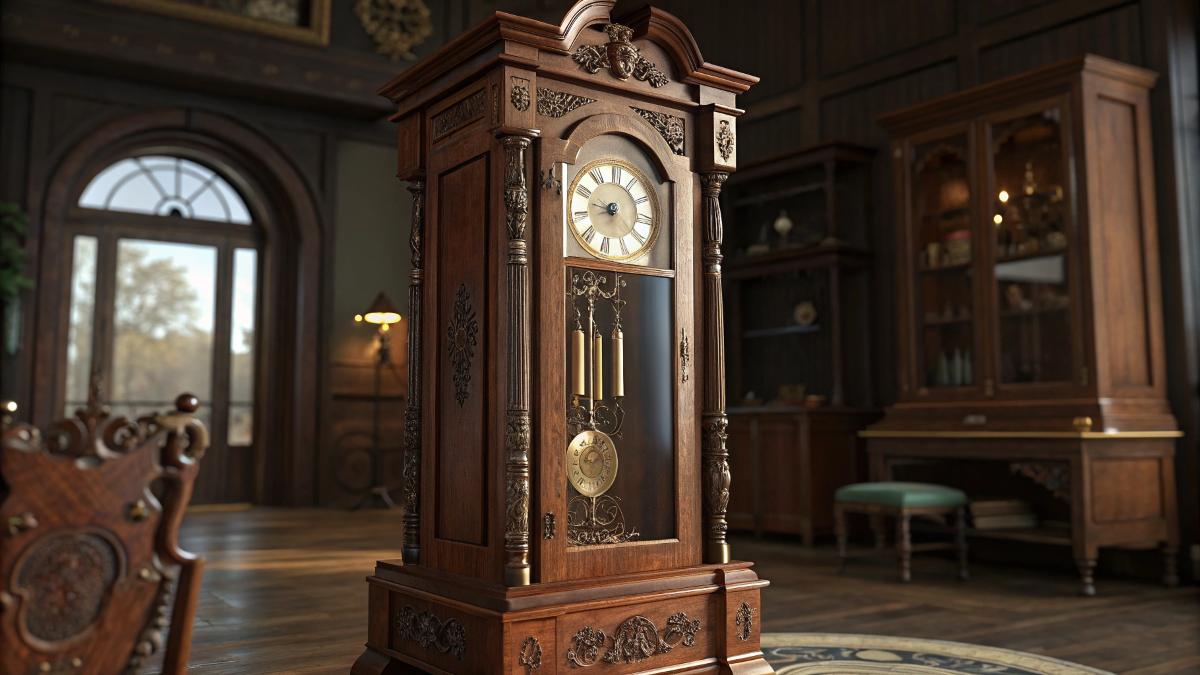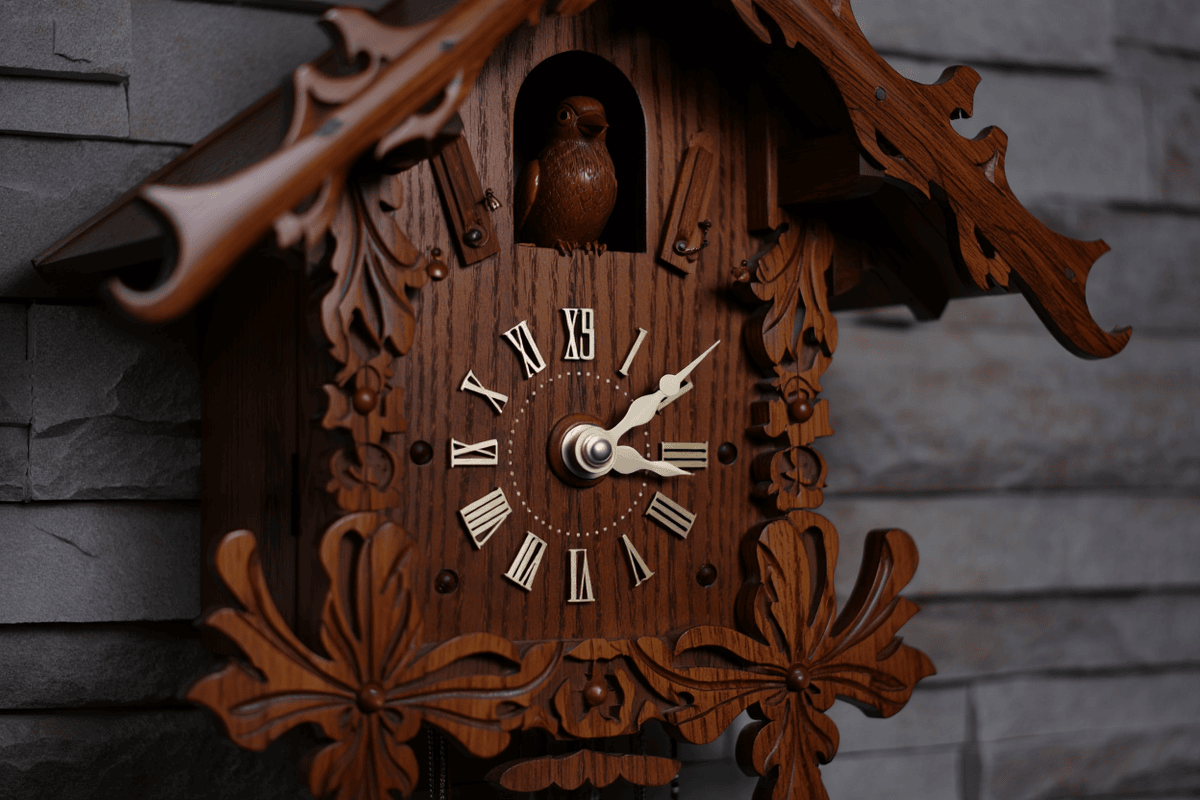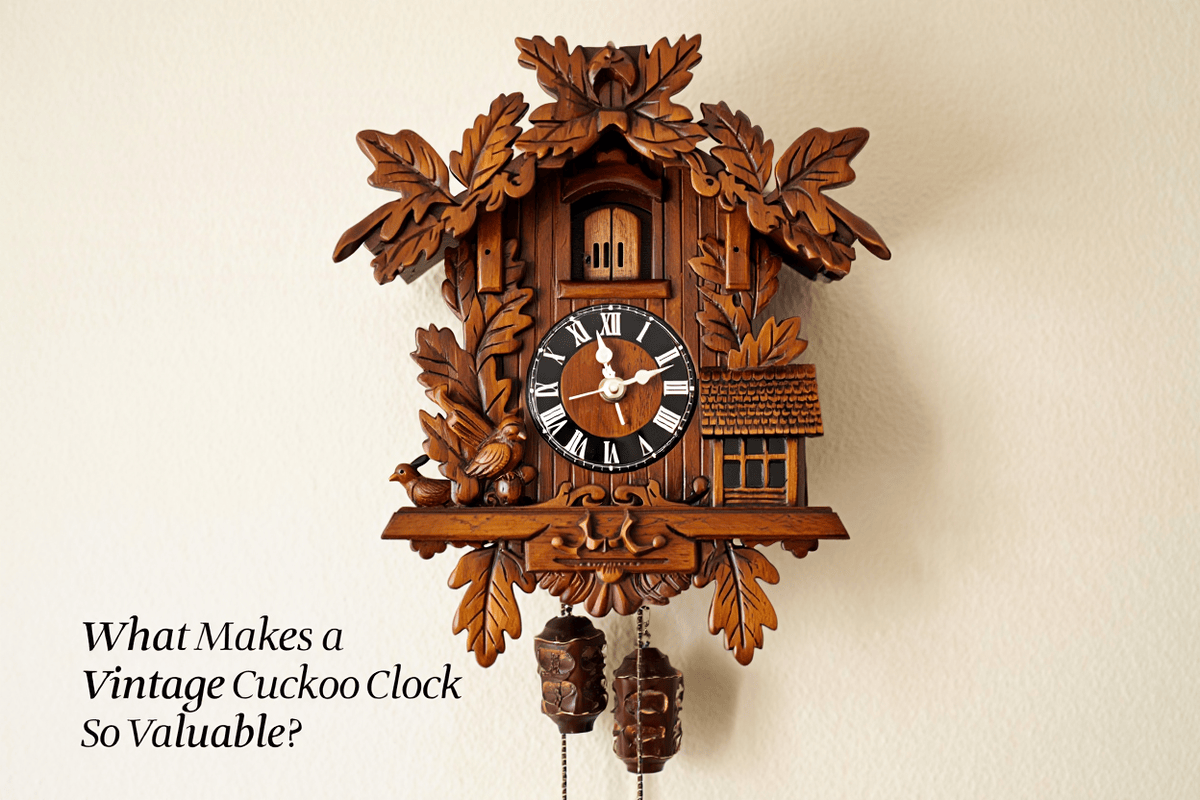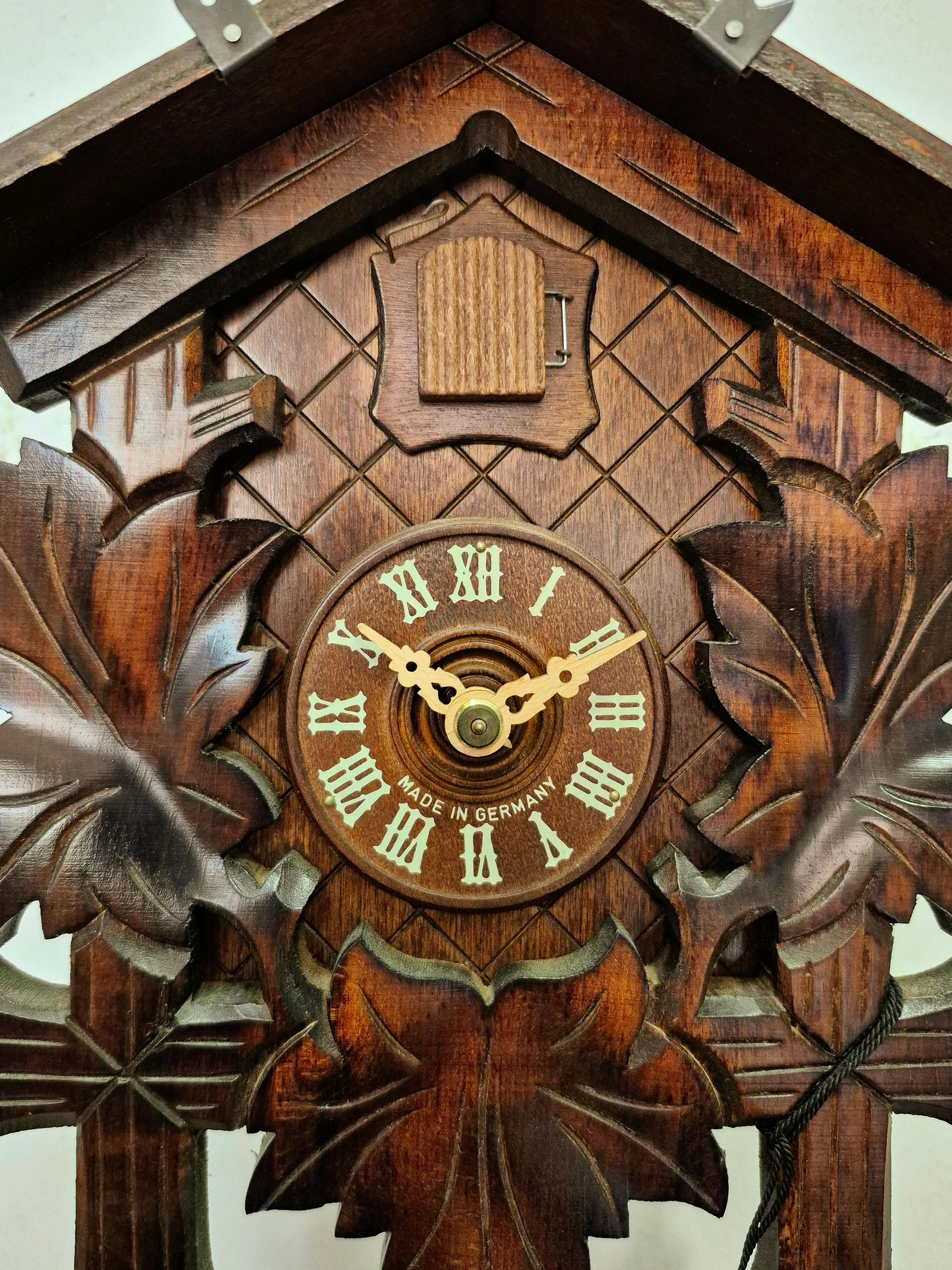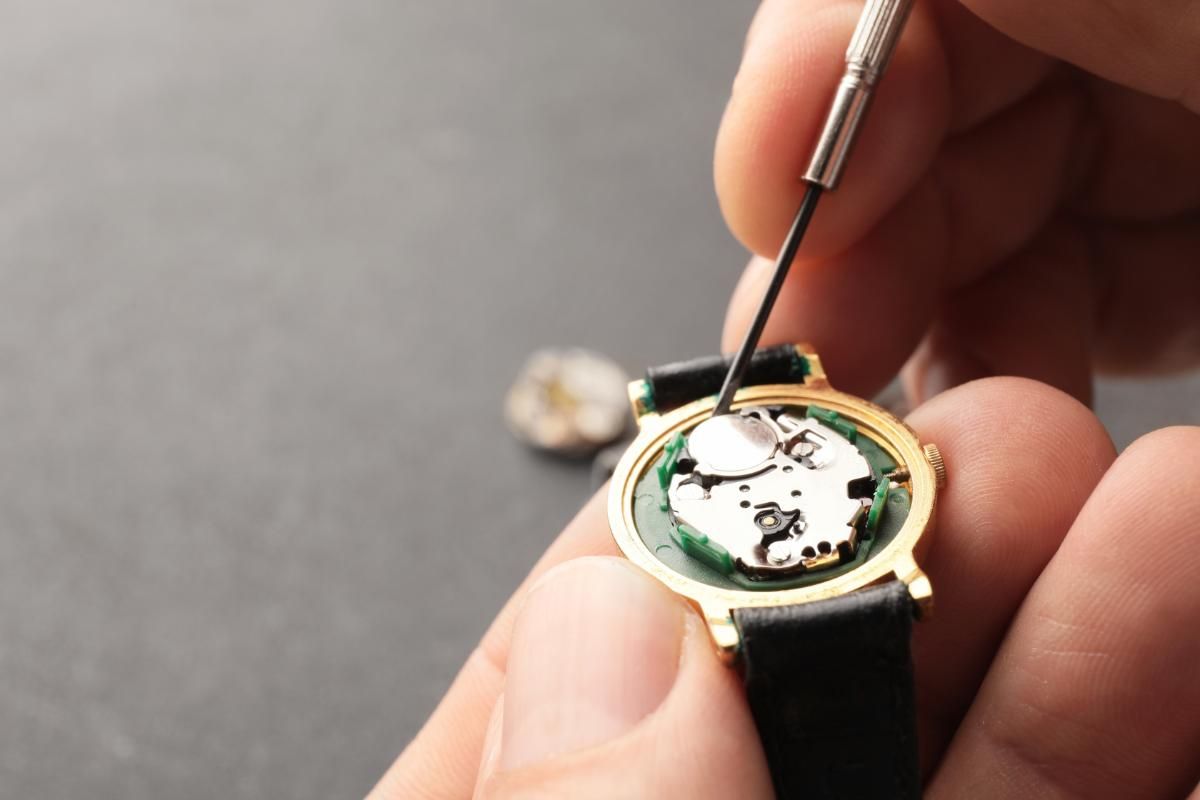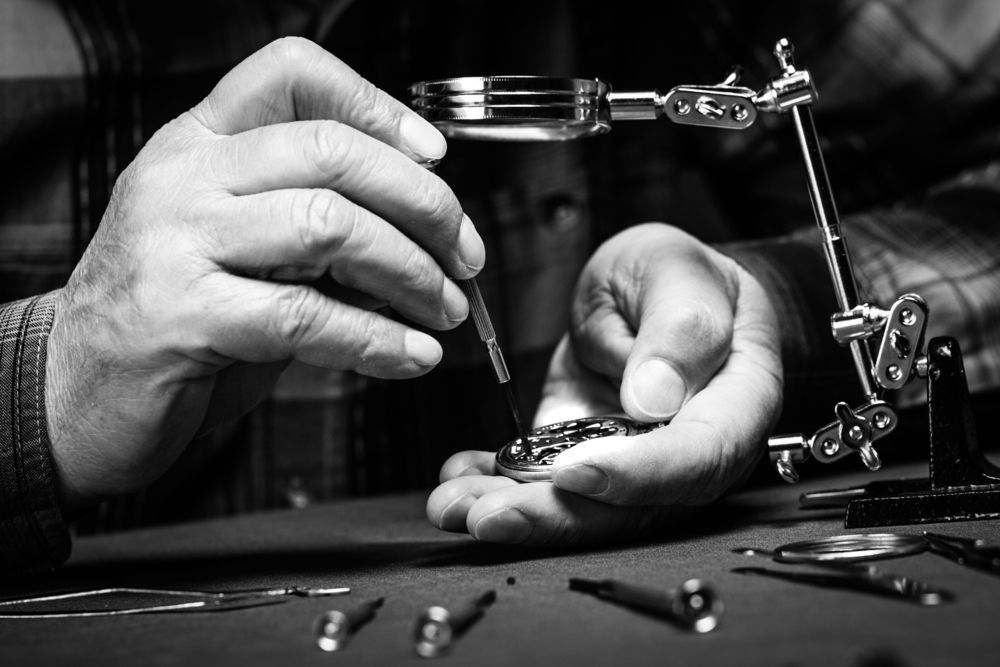Watch Repair vs. Replacement: Which One Saves You More?
Timepieces are more than just tools for telling time—they're symbols of heritage, craftsmanship, and personal style. Whether it's a luxury Swiss watch handed down through generations or a reliable everyday companion, when your watch stops working, you're faced with a critical decision: Should you repair it or replace it?
This question isn't as straightforward as it seems. The choice between watch repair and replacement depends on various factors such as cost, sentimental value, brand prestige, and overall condition.
When Should You Repair Your Watch Instead of Replacing It?
Repairing your watch is often the most logical and cost-effective choice—especially if you have a high-quality timepiece or one that holds sentimental value. Here are several scenarios where repair is the smarter move:
1. Sentimental Value
If the watch was gifted to you by a loved one, inherited from a family member, or linked to a special moment in your life, its value goes beyond dollars. Restoring such a timepiece keeps memories alive, and no replacement can replicate that emotional connection.
2. High-Quality or Luxury Brand
Renowned brands like Rolex, Omega, and Tag Heuer are engineered to last a lifetime and beyond. These watches are built with premium materials and intricate mechanisms that are worth preserving. Repairing and maintaining them regularly ensures they retain their value and precision.
3. Simple Fixes
Issues such as battery replacements, strap adjustments, or minor water damage can be addressed quickly and affordably. A reputable watch repair service can often perform these fixes on-site.
4. Vintage or Discontinued Models
If you own a vintage or discontinued model, finding an exact replacement might be difficult or even impossible. Repairing the original ensures you maintain the unique design and historical significance of your timepiece.
The Cost of Watch Repair vs. Buying a New One
Understanding the economics of repair versus replacement is crucial. In many cases, repairing your watch can be significantly more cost-effective than purchasing a new one.
Repair Cost Breakdown
- Battery Replacement: $10 – $50
- Crystal Replacement: $30 – $150
- Movement Repair: $75 – $300+
- Complete Overhaul: $150 – $600 (varies by brand and model)
A basic quartz watch might only require a $20 battery change, while a full mechanical overhaul on a luxury timepiece could cost several hundred dollars. However, this is often a fraction of the price of a brand-new luxury watch, which could run into the thousands.
Replacement Costs
- Everyday Watches: $50 – $300
- Mid-Range Watches: $300 – $1,000
- Luxury Watches: $1,000 – $10,000+
Unless you're replacing a basic watch, the upfront cost of buying new is significantly higher than most repairs.
Long-Term Value
A repaired watch—especially a luxury model—may appreciate in value or retain a higher resale price over time. In contrast, replacing it with a lower-quality watch may result in frequent replacements, driving up costs over the years.
Factors That Affect the Lifespan of a Watch
Your decision to repair or replace the watch also depends on its current and potential lifespan. Here are several factors that influence how long a watch lasts:
1. Type of Movement
- Quartz: Battery-operated and typically lasts 20–30 years with proper maintenance.
- Mechanical: Can last 50–100 years or more with regular servicing.
- Automatic: Self-winding and durable, provided it's worn and maintained.
2. Material Quality
Watches made from stainless steel, sapphire crystal, ceramic, or titanium are more durable and less likely to show wear over time. Cheaper materials, on the other hand, may degrade quickly.
3. Maintenance Habits
Routine maintenance such as cleaning, lubrication, and battery replacement can significantly extend your watch's life. Ignoring minor issues often leads to costlier repairs—or irreversible damage.
4. Exposure to Elements
Frequent exposure to water, dirt, chemicals, or extreme temperatures can accelerate wear and tear. Water-resistant doesn't mean waterproof—be sure to follow manufacturer guidelines to preserve integrity.
Luxury vs. Everyday Watches: Is Repair Worth It?
When deciding between watch repair and replacement, it's important to consider the category of your watch. The rules for luxury timepieces often differ from those for everyday watches.
Repairing Luxury Watches
Luxury watches are investments. Even if repairs are expensive, the long-term value often justifies the cost. Brands like Rolex and Patek Philippe even recommend regular servicing to maintain optimal performance. Properly maintained, these watches can be passed down through generations or sold for a significant return.
Repairing luxury watches also helps preserve warranties, certifications, and authenticity—factors that affect resale value and collectible status.
Repairing Everyday Watches
It's a different story for lower-priced or mass-market watches. If the cost of repair approaches or exceeds the watch's value, replacement might be more practical. However, this isn't always the case—some reputable repair shops offer affordable services that can give your everyday watch a new lease on life.
As a general rule:
- If repair costs < 50% of the replacement cost, consider repairing.
- If repair costs > 75% of the replacement cost, replacement may be more logical—unless sentimental value outweighs the cost.
How to Find a Reliable Watch Repair Service
Entrusting your timepiece to just anyone can be risky. Here's how to ensure you choose a professional, trustworthy repair service:
1. Check for Certifications
Look for technicians certified by organizations like the American Watchmakers-Clockmakers Institute (AWCI) or those who have manufacturer-authorized training. Certified professionals understand the intricate mechanisms and ensure quality workmanship.
2. Ask About Experience
Ask how long the service provider has been in business and whether they have experience with your specific watch brand and model. Specialists in high-end and vintage watches can handle delicate components with care.
3. Review Customer Feedback
Online reviews and testimonials offer insights into service quality, turnaround times, and customer satisfaction. A company with consistently high ratings is usually a safe bet.
4. Get a Written Estimate
A reputable shop should offer a transparent, itemized estimate before performing any work. Be wary of vague quotes or shops that refuse to guarantee their repairs.
5. Turnaround Time
Some services may take days or weeks, especially if they involve ordering parts. Make sure you understand the timeline before committing.
6. Warranty on Repairs
Quality repair services often include a warranty period. This demonstrates confidence in their work and gives you peace of mind.
Which One Saves You More?
The debate between watch repair and replacement boils down to this: Repair is usually the better financial decision when the watch is of high quality, carries sentimental value, or has remaining life left. Replacing your watch might be the right call if it's inexpensive, outdated, or severely damaged.
Ultimately, there's no one-size-fits-all answer. Evaluate your watch's value—monetary and emotional—along with repair costs and long-term goals. In many cases, giving your watch a second chance can be both a wise investment and a meaningful act of preservation.
Contact Chicago Clock Company Today
At Chicago Clock Company, we specialize in bringing cherished timepieces back to life. Whether it's a simple battery replacement or a full watch repair, our expert technicians handle every job with precision and care. We also offer clock repair and a curated selection of timepieces for sale.
Get a free estimate while you wait. No obligations—just solutions.
Call now to
book your appointment
and learn more about how we can keep your time ticking perfectly.


